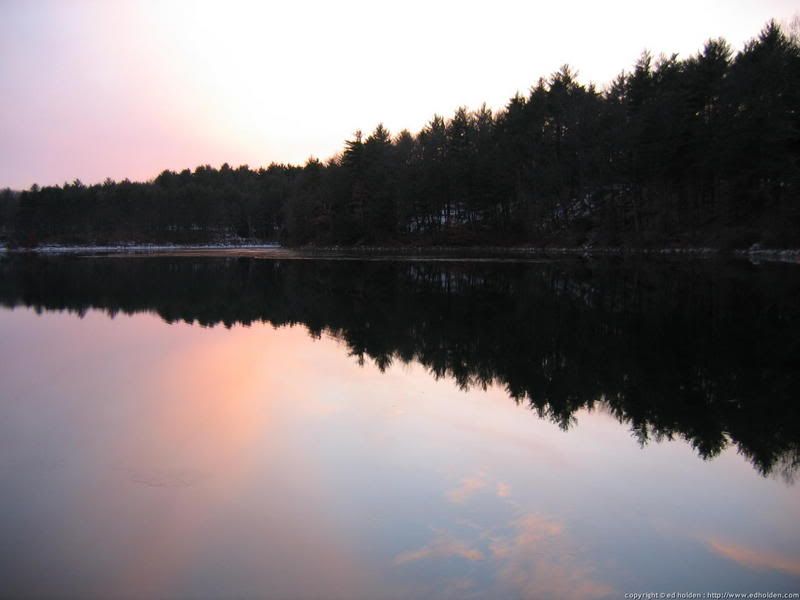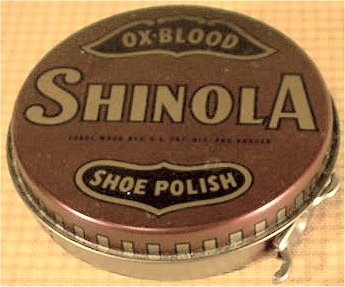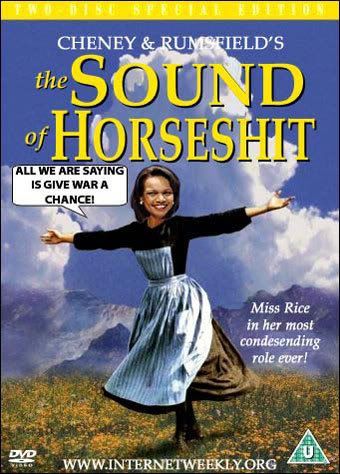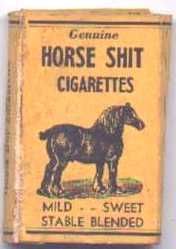
It's a bildungsroman, story of a girl, her twin brother, water, and fire. (Salon Review of Tribes)
My wife, Lee, who doesn't read much YA, picked it up at the library, read it, and passed it my way. It's just over 200 pages, which is the usual length for realistic YA fiction, and the characters are the right age--so why isn't it YA?
A while ago I asked FLUX editor Andrew Karre why he though Curtis Sittenfeld's Prep wasn't YA, and he said it was just because a YA editor hadn't gotten a hold of it. But I wonder.
I happened to be on a pink-jacketed novel kick (why don't some guys read some books?) when I read Prep, which was the second in the series, the first being Natasha Friend's Perfect, which happens to be YA.


A couple points of contrast stand out in my mind more than a year later:
- Perfect is 200 pages long.
- Prep has a post-adolescent perspective.
- Perfect's cover is almost entirely pink, while Prep's just has a little pink in it.
Now, I know that not all YA is under 300 pages, but it seems like most of it is. And don't you wish that more of it was longer? Are teens, if they aren't looking for fantasy or sci fi, scared of thick books? Or do adults just think they are?
And have not some agents, editors, and reviewers come to expect a certain length and formula from YA? I don't read nearly as much as they do, and I know most are looking for something that stands out as different, but it seems to me that a lot of the YA I read gets going and wraps up at much the same pace.
Back to Prep: it was a bit too long, maybe, and could have used some cutting, but the pacing of the book develops--as I remember it--with more immersion detail and complexity than Perfect. I'm loathe to criticize my peers--and Friend is probably a better and certainly a more successful writer than I--but Perfect left me wanting more.
Not because of the ambiguous ending. I had a fabulous discussion with a couple of my students about it, and we all appreciated how the end allowed us to imagine a future for the characters that is suggested rather than spelled out.
I wanted more because, though Friend brilliantly made me understand bulimia for the first time. (In a purely physical level her writing took me right there so I almost feel as if I have gorged myself sick and then released it all back again. I almost feel like I want to.) I just wanted more of the characters, their relationships, their lives, and all I got was 200 pages.
After all that about length, I still think that it's probably not a central issue here. Fantasy YA gives intricate detail, and tends to take its time--even if the time rushes by in fast-paced action--and gives us the characters' whole world.
Rather than quantity, I think that the what makes a book YA or adult is a qualitative difference. In Prep, a huge factor is the perspective of looking back on those teen years as opposed to being in them. This completely changes the voice, and though I don't think that makes it any less attractive for teens, I think it makes it a lot more palatable for adults.
At the same time, I think this perspective gives YA it's authenticity. As the FLUX motto says, "YA is a point of view." It's being a teenager, not trying to make sense of it from the dotage of your 20's or 3o's. The best writers of YA, then, must possess a gift of imagination (or else they exist in a state of arrested development).
In Palos Verdes there's also a qualitative difference--something present in the voice, something very spare that says adult. Maybe it's something not present in the voice, as well--the absence of a certain preciousness that too often finds its way into novels that we adults write for teens. I know there are plenty of YA novels that don't have the preciousness; my point is that the clean, spare prose and the cool, distanced voice makes Palos Verdes something that's marketable as a story for grown-ups. And, if such books get into the hands of the not-quite-grown-up, I think they will often appeal.
I asked Lee why she thought Palos Verdes isn't YA, and she said that the Medina (the protagonist) isn't exactly a great role model. (Andrew is screaming, now, if he's reading this! :)
C'mon! How many girls are there out there who are going to get themselves and their brothers nice, if slightly used, surfboards by lifting up their shirts in the pool house? Really clever girls might even figure out that they could "pay" for a snowboard by showing their stuff in the garage! Lee recognizes that its possible for teenagers to empathize with the protagonist without emulating her, but she--like a lot of adults--are concerned. What about the kids who might see maladaptive behaviors and be attracted to them?
I don't know. I don't think that the fabulous Alaska is going to tempt anyone to jump into a car after a night of boozing. Nor do I think that any more kids who have gone and asked Alice over the years have been scared off drugs than have been intrigued by them, regardless of what happened to her. If she really existed. I remember people saying that the whole thing was propaganda. And Alaska got hers, too, didn't she? Are characters who make bad decisions okay as long as they are punished?
Are characters in YA more likely to be good role models than those in other fiction? Unquestionably. Is this good for kids? Is it good for the literature?
Premise for a distopian teen novel:
In a not so distant place and future, all kid and teen literature (media?) is produced by a shadowy government/
But we old fogies need not worry. They won't really be able to write until they are old enough to
Did I get off topic?
What is an isn't YA and why?
btw, snopes.com says that Go Ask Alice is not in fact "a real diary".




















